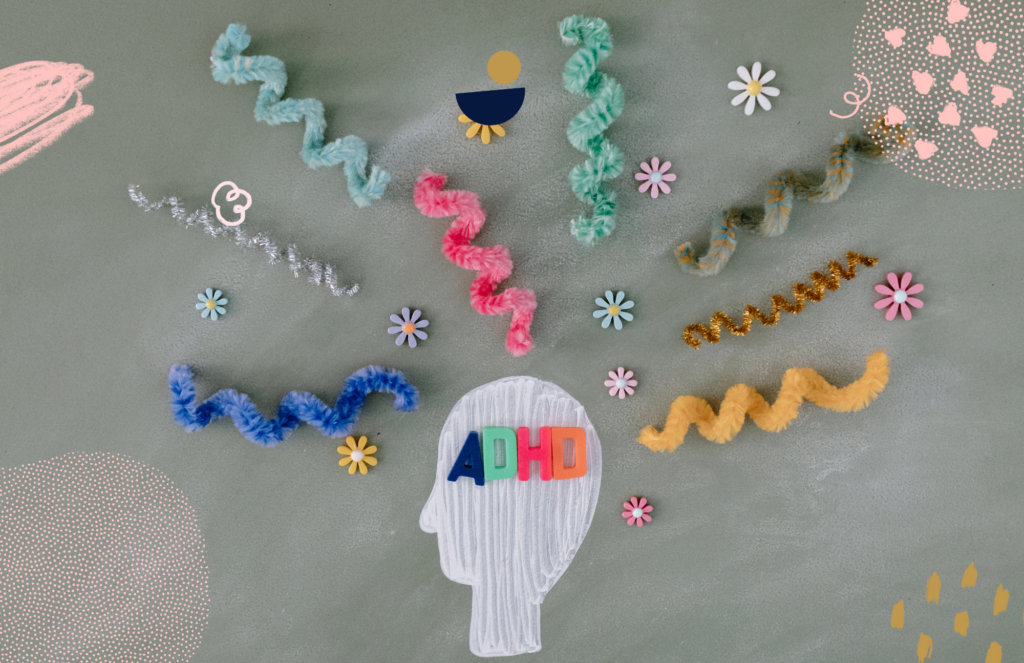
Parenting a teen can be challenging enough, but when your child has ADHD, it adds unique layers of complexity and requires a specialized approach. ADHD, or Attention Deficit Hyperactivity Disorder, is a neurodevelopmental disorder that affects focus, impulse control, and self-regulation. While these symptoms may have been noticeable during childhood, adolescence often intensifies them. As school pressures, social relationships, and self-awareness grow, many parents may feel at a loss for how to best support their ADHD teen.
Understanding ADHD and how it presents in adolescents is key to navigating these years together, fostering patience, empathy, and empowerment along the way.
Common Symptoms of ADHD in Adolescents
ADHD doesn’t look the same for every teen. Understanding the range of symptoms can help you recognize how ADHD impacts your child:
-
Inattention and Distractibility: Teens with ADHD often have trouble focusing on tasks, whether it’s schoolwork, chores, or conversations. They might miss assignments, forget instructions, or struggle to keep track of their daily activities.
-
Impulsivity: Impulsive behaviors are common in ADHD, which can lead to riskier decision-making, rule-breaking, or acting without thinking. Adolescents are already predisposed to taking risks, and ADHD can amplify this tendency.
-
Emotional Regulation Challenges: Teens with ADHD might feel emotions more intensely, experiencing heightened highs and lows. They may also struggle with frustration, especially when they feel misunderstood or are criticized often.
-
Executive Functioning Difficulties: This encompasses planning, time management, and organization. Executive functioning deficits make it hard to independently manage tasks, such as meeting project deadlines or remembering important dates.
Each of these symptoms can make adolescence even more challenging, but with understanding, empathy, and structure, you can help your child feel supported and capable.
The Emotional Impact of ADHD on Teens
Living with ADHD often affects more than attention—it has a deep emotional impact. Many adolescents with ADHD grapple with:
-
Self-Esteem Challenges: Frequent criticism from peers, teachers, and family members, combined with an awareness of their struggles, can lower self-esteem. They may compare themselves to their peers, feeling they must work twice as hard to achieve similar results.
-
Frustration and Overwhelm: Teens with ADHD often feel like they’re pushing against an invisible wall, expending more energy to complete tasks that others find simple. This chronic sense of frustration can leave them feeling inadequate or misunderstood.
-
Social Struggles: ADHD symptoms can impact social interactions, leading to misunderstandings or conflicts with friends. Impulsivity and inattention may be misinterpreted as disinterest or lack of respect, straining relationships.
-
Risk of Co-Occurring Disorders: Many teens with ADHD also experience anxiety, depression, or behavioral disorders. Recognizing and addressing these co-occurring conditions is essential for holistic support.
How Parents Can Support Their ADHD Teen
Supporting your child without adding to their frustration can be challenging. Here are some ways to foster understanding and reduce stress in your home:
-
Model Empathy and Patience: Show that you’re trying to understand their perspective, even when it’s challenging. Validate their experiences, frustrations, and emotions, reminding them that ADHD is a part of them but doesn’t define them.
-
Encourage Open Communication: Create space for honest conversations about ADHD. Ask your teen how ADHD affects their daily life, and listen to their challenges without judgment. Your openness sets the stage for mutual trust and helps them feel seen and heard.
-
Foster Routines: Teens with ADHD often benefit from structured routines and task segmentation. Help them create manageable steps for schoolwork and daily responsibilities. A consistent routine provides a sense of control, which can reduce anxiety.
-
Use Positive Reinforcement: Celebrate small wins and their efforts rather than focusing on what didn’t get done. ADHD teens often respond well to positive reinforcement, so acknowledging their achievements boosts self-esteem.
-
Help with Organization: Assist your teen in creating and sticking to organizational systems, such as planners, task apps, or digital calendars. Helping them find and implement these systems can foster independence.
Setting Boundaries and Encouraging Independence
Supporting your ADHD teen’s development involves helping them build independence within safe boundaries. Effective approaches include:
-
Balance Structure and Freedom: Create a foundation of structure but allow space for autonomy. Teens need opportunities to make decisions within set guidelines, helping them practice responsibility without feeling controlled.
-
Teach Time-Management Skills: Encourage your teen to prioritize tasks, break down larger assignments, and use visual aids like clocks or apps to manage time. Small tools like reminders or alarms can be very effective for managing time blindness.
-
Encourage Healthy Decision-Making: Teach your teen to think through the potential consequences of their choices. Encourage them to pause before acting and reflect on their decisions.
-
Collaborating with School and Mental Health Professionals
Getting support outside the home can make a big difference for your ADHD teen:
-
Partner with the School: Contact your teen’s school to discuss accommodations that support their learning, such as extended time on tests or access to quieter spaces. Advocacy is often needed to access these resources.
-
Therapy and Counseling: Working with a mental health professional can address both ADHD and co-occurring conditions like anxiety or depression. Therapists can teach coping strategies for managing emotions and improving self-regulation.
-
Medication Management (if applicable): Medication may benefit some teens with ADHD. If your teen is on medication, monitor its effects closely and maintain open communication with healthcare providers to ensure its effectiveness.
Building Self-Esteem and Resilience
Raising an ADHD teen can feel like a rollercoaster, but there are ways to foster resilience and self-worth:
-
Encourage Their Strengths: ADHD teens often have incredible creativity, adaptability, or resilience. Supporting their interests—whether in art, sports, or other pursuits—can help them focus on their talents and unique abilities.
-
Promote Self-Compassion: ADHD can lead to self-criticism, so teaching your teen to be kind to themselves is essential. Celebrate progress, no matter how small, and remind them that challenges are part of growth.
-
Support Peer Connections: Encourage friendships with others who understand or share similar experiences. Whether through formal support groups or activities, social connections can help your teen feel less alone.
Conclusion: Growing Together
Parenting an ADHD adolescent is an evolving journey that requires patience, flexibility, and openness. ADHD presents unique challenges, but by providing your teen with understanding and guidance, you’re empowering them to thrive. Remember, each small step can lead to meaningful change for both of you. You’re not alone—resources, communities, and professionals are ready to support you and your child along the way.
Together, parents and teens can navigate the ups and downs of ADHD with resilience, strength, and hope.




